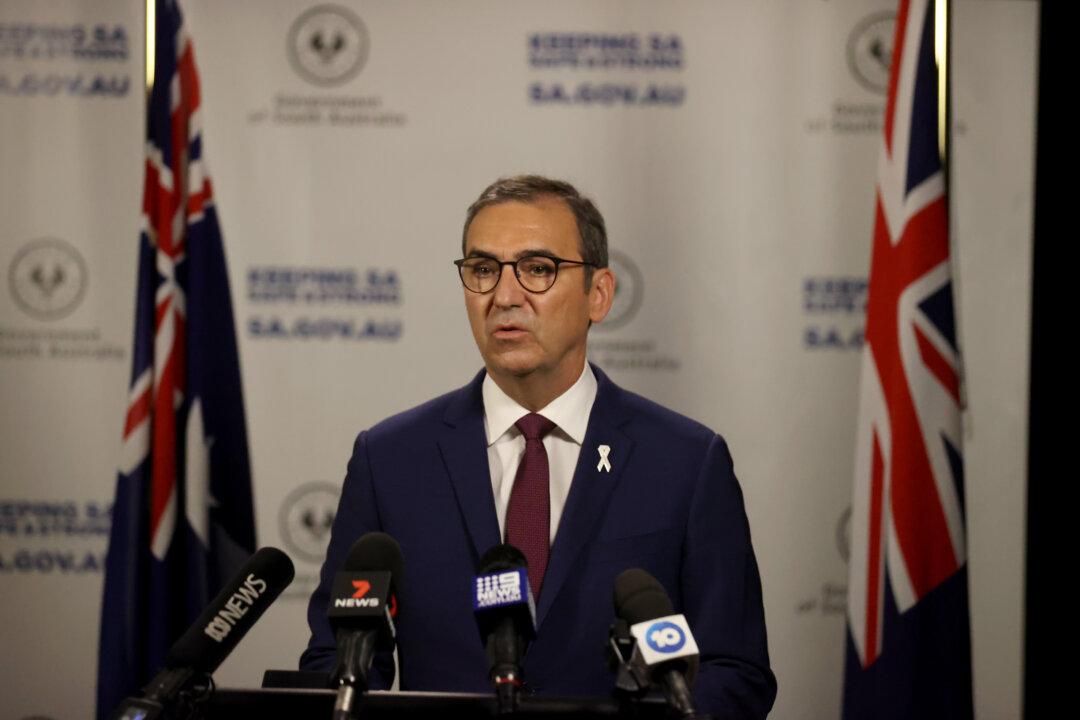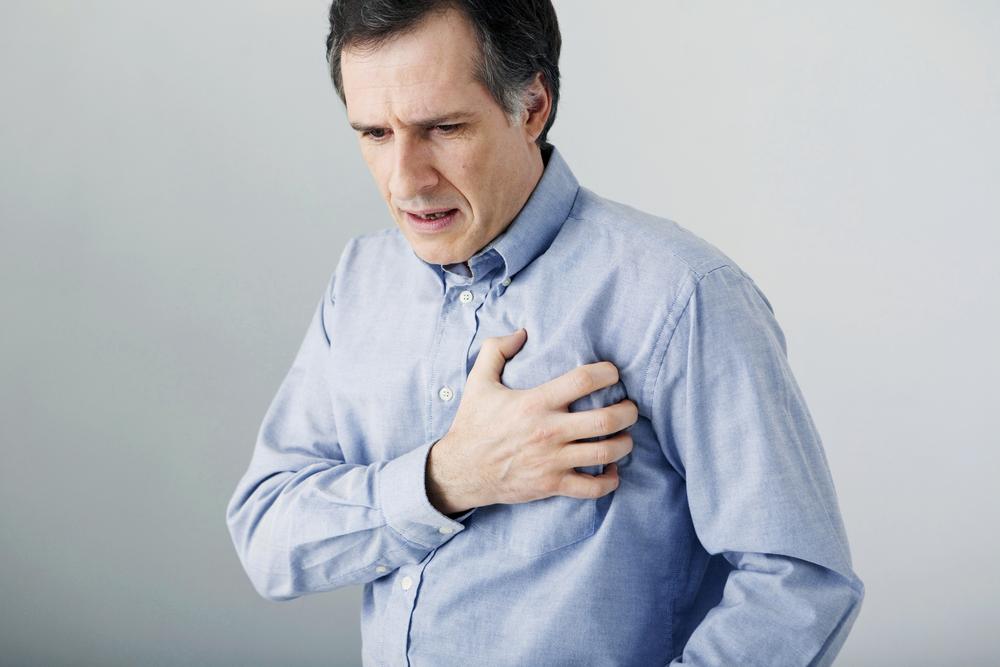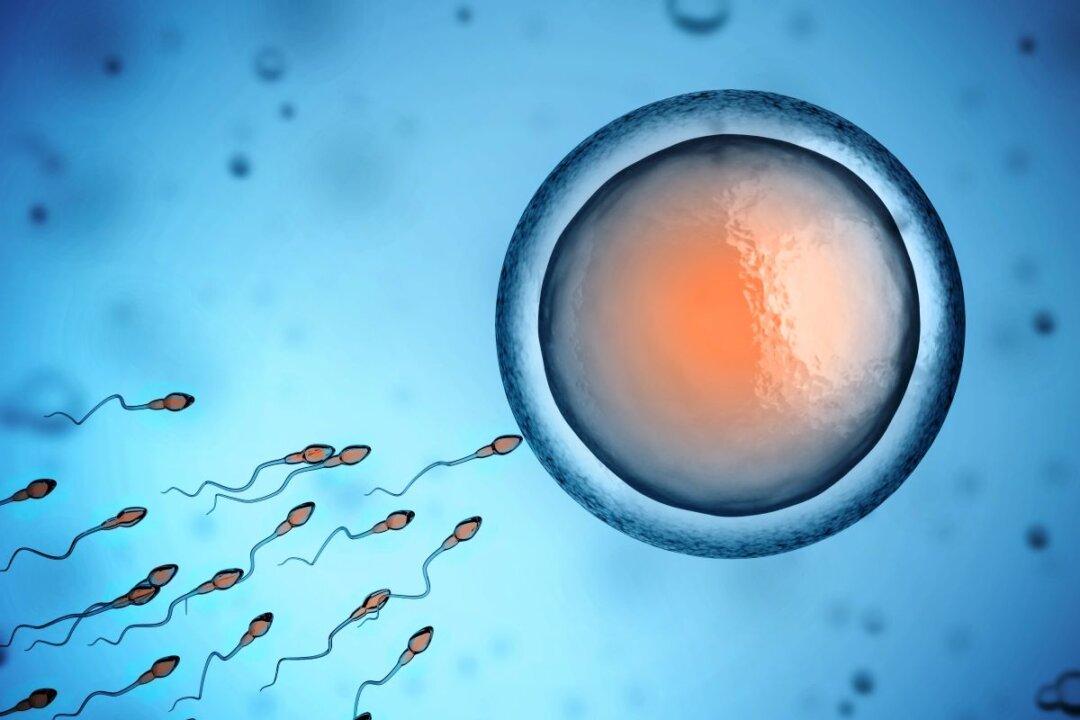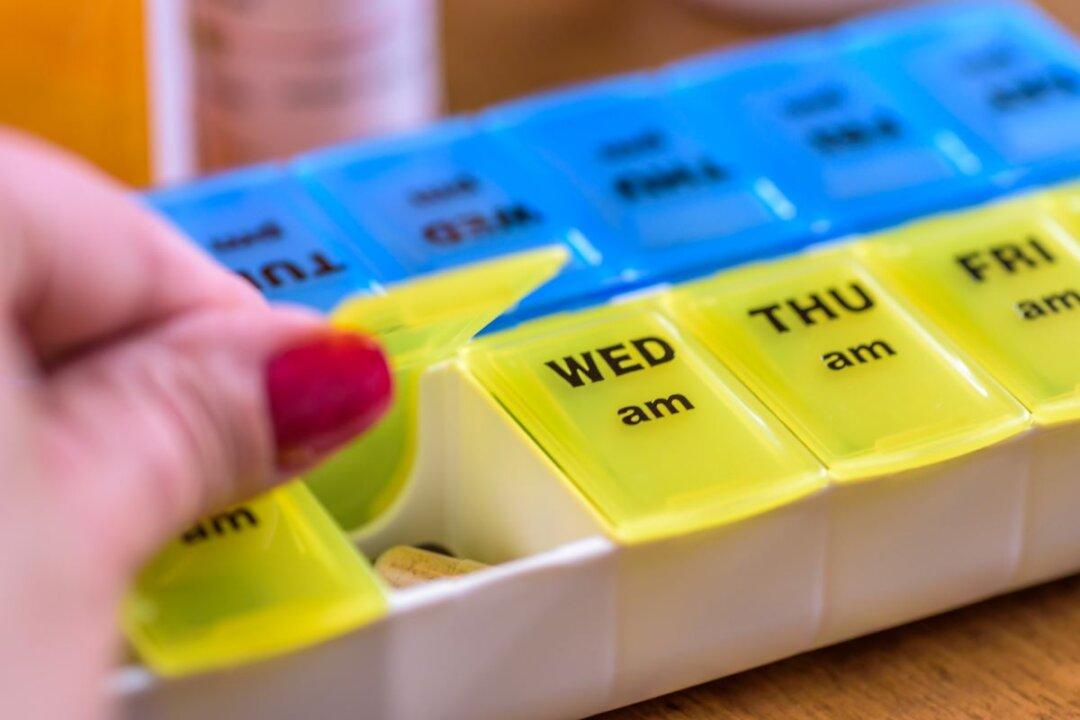The majority of South Australian teachers who are members of the Australian Education Union (AEU) have voted to strike on the first day of the school term due to COVID-19 health and safety concerns.
School and preschool teacher members were balloted, with almost two-thirds supporting industrial action via a full day stoppage on Wednesday, Feb.2, if COVID-19 safety concerns are not addressed, AEU SA Branch reported on Tuesday.





